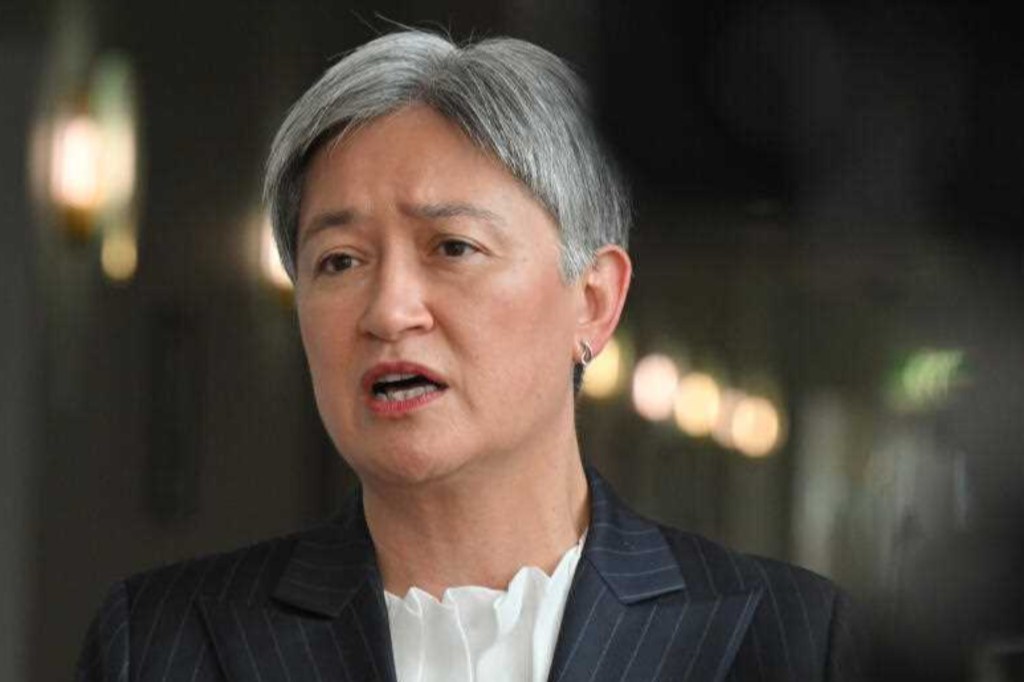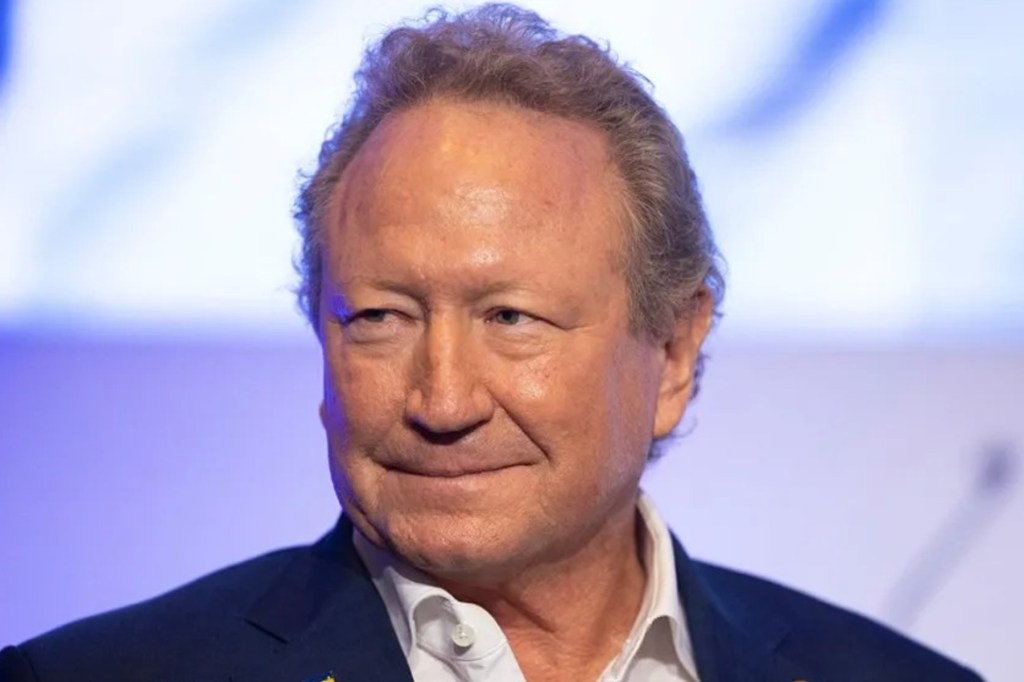Critique of Israeli government ‘not anti-Semitism’
The foreign minister has used a major speech at the University of South Australia to call for tolerance and respect in the public debate about the war in Gaza, with anti-Semitism on the rise.

Criticism of Israel or the war in Gaza doesn’t amount to anti-Semitism, the foreign minister says, as Australia grapples with an increase in the vile sentiment.
Many in Australia’s Jewish community are feeling scared and unsafe and anti-Semitism must be rejected at every turn, Penny Wong says.
“We know that cruel acts of anti-Semitism evoke some of the darkest episodes in the history of the Jewish people,” she said in a major foreign policy speech at the University of South Australia on Monday night.
“We condemn and reject anti-Semitism wherever it occurs – acts of hate have no place in Australia.”
But people needed to respectfully disagree on points of difference and avoid “misrepresenting views and exaggerating differences” to stop the conflict in the Middle East spurring friction in Australia, she said.
You might like
“It’s not anti-Semitic to expect that Israel should comply with the international law that applies to all countries,” Senator Wong said.
“Nor is it anti-Semitic to call for children and other civilians to be protected or to call for a two-state solution that enables Israelis and Palestinians to live in peace and security.”
Her comments followed Israeli Prime Minister Benjamin Netanyahu criticising the Australian government for holding an “extreme anti-Israel position” that he linked to a firebombing of a Melbourne synagogue.
Netanyahu and Jewish groups in Australia were critical of the federal government voting in support of a pro-Palestinian motion at the United Nations.
Stay informed, daily
Almost 160 members supported the motion while only a handful, including the United States and Israel, voted against it.
Australia’s special envoy to combat anti-Semitism, Jillian Segal, said it wasn’t necessarily anti-Semitic for people to call for a two-state solution or the recognition of Palestinian statehood.
The internationally accepted definition of anti-Semitism “makes it clear that criticism of Israel in a form that you would normally criticise another country, like its policies, is fine”, she said.
“But criticism of Israel, which damns it as a country that should be abolished, that should no longer exist, that all the Jews should disappear – that is anti-Semitic.”
It was the same definition Senator Wong referenced in her speech as both called for anti-Semitism to transcend politics and for the community to come together after the synagogue attack.
People needed to avoid “exploiting the trend towards echo chambers where people only hear bad things about others and don’t see for themselves what’s good about others”, Senator Wong said.
In all the discussions of the Middle East, the Jewish community felt like the hostages taken by Hamas – scores of which remain captive in Gaza – have been forgotten.
“There are these credibly important souls that have been suffering for an enormous length of time and they need to be at the forefront of our collective thinking to bring them home,” Segal said.








